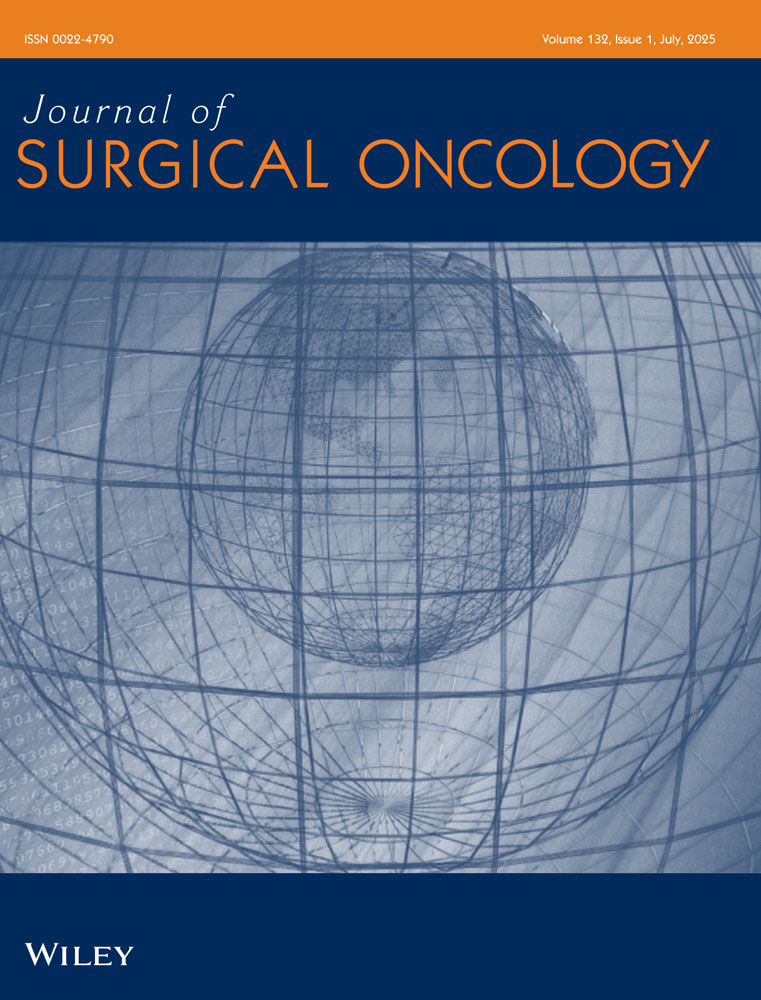Use of autologous instead of allogeneic blood transfusion during esophagectomy prolongs disease-free survival among patients with recurrent esophageal cancer
Abstract
Background and Objectives
A substantial body of evidence suggests that allogeneic blood transfusion increases the rate of recurrence of resected malignancies. The present study was conducted with the aim of understanding better the clinical characteristics of recurrent esophageal cancer and determining whether any survival advantage is conferred by transfusing autologous instead of allogeneic blood during the esophagectomy for the original malignancy.
Methods
We retrospectively analyzed 123 patients who received blood transfusion while undergoing esophagectomy for thoracic esophageal cancer between January 1991 and February 1998. We focused on those patients in whom the malignancy recurred. Of them, 23 patients received allogeneic blood and 18 received autologous blood. Compared were the clinico-pathological factors influencing prognosis as well as the disease-free survival periods and the period of survival after recurrence of the cancer.
Results
The clinico-pathological factors that influenced prognosis were similar in the two groups. There was also no significant difference in the rate at which the esophageal cancer recurred, or in survival time once it had recurred. On the other hand, disease-free survival prior to recurrence was significantly prolonged in the autologous blood transfusion group.
Conclusion
Use of autologous instead of allogeneic blood prolongs disease-free survival of esophageal cancer patients. J. Surg. Oncol. 2004;87:26–31. © 2004 Wiley-Liss, Inc.




